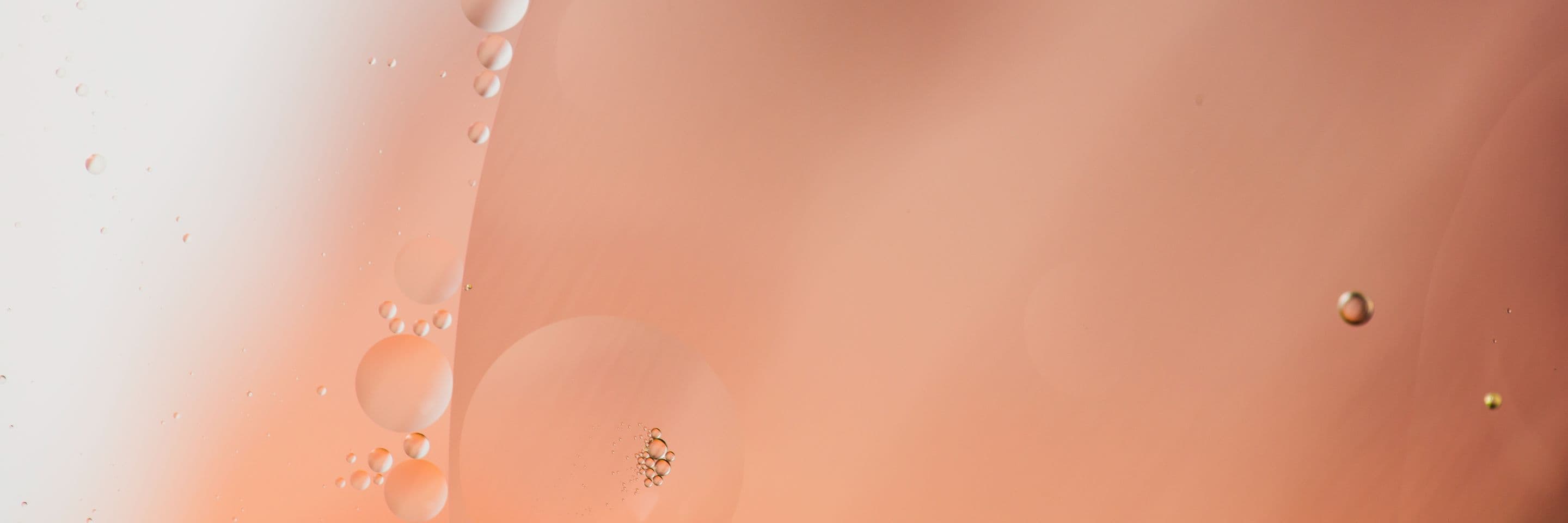Understanding and Managing Skin Redness
SJ Riviera
August 14, 2024


Skin redness, or erythema, can be a frustrating and embarrassing skin condition. It can be caused by a variety of factors, from acne and rosacea to allergies and environmental irritants. Understanding the underlying causes of your skin redness is crucial for finding effective solutions. MyRevea lists down the common causes, how to manage skin redness, preventing redness, and when to see a dermatologist.
Common Causes of Skin Redness
There are plenty of common causes of skin redness.
Acne: Inflammation from acne breakouts can cause redness and irritation.
Rosacea: This chronic skin condition is characterized by facial redness, flushing, and visible blood vessels.
Eczema: This inflammatory skin condition can cause redness, dryness, and itchiness.
Allergies: Allergic reactions to skincare products, pollen, or other allergens can trigger skin redness.
Sunburn: Excessive sun exposure can lead to redness, sunburn, and long-term damage.
Sensitive skin: Some individuals have naturally sensitive skin that is prone to redness.
Medications: Certain medications can cause skin redness as a side effect.
How to Manage Skin Redness
Gentle Cleansing: Use a mild, fragrance-free cleanser to avoid irritating your skin.
Hydration: Apply a hydrating moisturizer to soothe and protect your skin.
Avoid Irritants: Identify and eliminate products or triggers that cause redness.
Sun Protection: Wear broad-spectrum sunscreen with SPF 30 or higher to protect your skin from harmful UV rays.
Cold Compresses: Applying a cold compress can help reduce inflammation and soothe redness.
Over-the-Counter Treatments: Look for products containing ingredients like aloe vera, chamomile, or niacinamide to calm redness.
Prescription Medications: In severe cases, a dermatologist may prescribe topical or oral medications to address the underlying cause of redness.
Preventing Future Redness
Identify triggers: Keep a skincare journal to track potential triggers for your skin redness.
Choose gentle products: Opt for fragrance-free and hypoallergenic skincare products. MyRevea offers skincare products that deliver transformative results.
Manage stress: Stress can exacerbate skin conditions, including redness. Incorporate relaxation techniques into your routine.
Hydrate from within: Drink plenty of water to keep your skin hydrated.
When to See a Dermatologist
If your skin redness is persistent, severe, or accompanied by other symptoms, it's essential to consult a dermatologist. They can accurately diagnose the underlying cause and recommend appropriate treatment options. MyRevea offers a free precision skin assessment that can uncover the root cause of your skin concern.
By understanding the causes of skin redness and implementing appropriate skin care practices, you can effectively manage this common skin concern and achieve a calmer, more even complexion.
FAQs
Q: Can I use makeup to cover redness?
A: Yes, mineral-based makeup can help camouflage redness, but it's essential to address the underlying cause for long-term results.
Q: Will redness go away on its own?
A: In some cases, mild redness may subside on its own. However, persistent redness requires proper treatment.
Q: Can diet affect skin redness?
A: While there's no direct link between diet and skin redness, a balanced diet rich in antioxidants can support overall skin health.
Q: What is rosacea?
A: Rosacea is a chronic skin condition characterized by facial redness, flushing, and visible blood vessels.
Q: Can stress cause skin redness?
A: Yes, stress can trigger or worsen skin redness. Managing stress through relaxation techniques can help.


